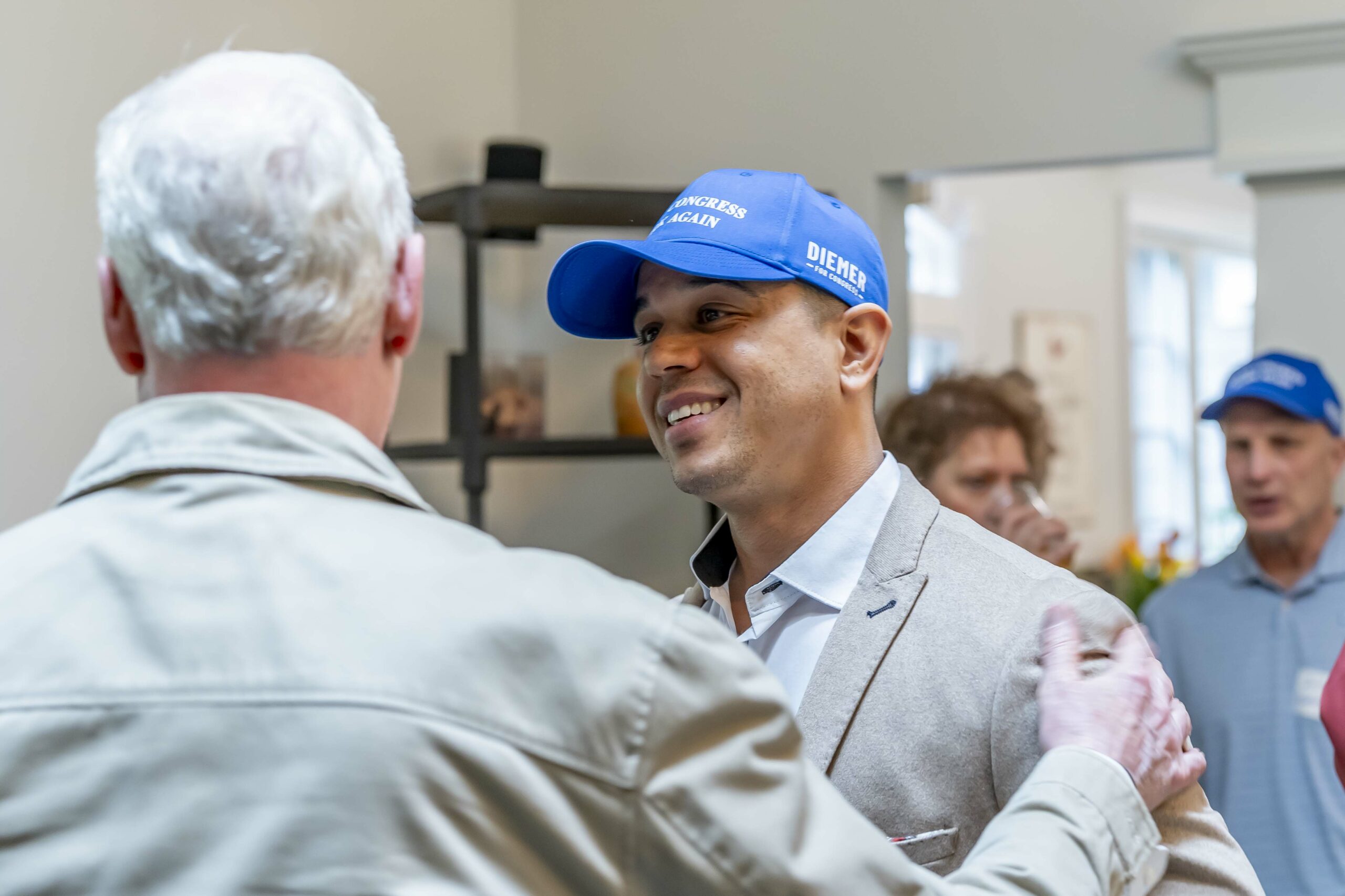Congress has a 12 percent approval rating. This is hardly surprising when our representatives spend their time inciting culture wars and fighting on social media instead of working for the American people. If we want to Make Congress Work Again, we must remove the corrosive incentives that have made Congress one of the most hated institutions in America. We can start by reducing financial corruption, holding politicians accountable, and putting voters in the driver’s seat of our democracy. The reforms outlined below will put Congress on this path. So join our campaign today to Make Congress Work Again!

Reforms that will Make Congress Work Again
Congressional stock trading with insider information obtained from Congressional work is rampant. We must ban our representatives from trading individual stocks and force them to divest into index funds.
The possibility of gaining or losing one’s own wealth based on Congressional action, inaction, or knowledge should never be a consideration for our representatives. To remove external financial incentives, we must end stock trading for House members, Senators, and their families. That is why I support bills such as the Ban Congressional Stock Trading Act, sponsored by Senators Jon Ossoff and Mark Kelly. This bill would “require all members of Congress, their spouses, and dependent children to place their stocks into a blind trust or divest the holding - ensuring they cannot use inside information to influence their stock trades and make a profit.” This idea is long overdue and must be enacted immediately.
Who does your Congressperson represent? Follow the money and you’ll quickly find that it’s not you. If we want our representatives to work for us, then we must realign their loyalties. Unfortunately, the billionaire-funded Supreme Court eliminated century-old campaign finance restrictions when it decided Citizens United in 2010. So now, to get elected and stay elected, our Congressional representatives are beholden to their election funders: big donors and Super PACs, which can spend virtually unlimited funds bankrolled by billionaires, corporations, and foreign collaborators.
Fortunately, we can fight back and level the playing field with a publicly financed campaign option. I am a huge fan of New York City’s public funding match system. In their mayoral race, individual contributions up to $250 are matched by public funds at an 8-to-1 ratio, provided candidates meet specific criteria, such as raising a minimum amount from a certain number of residents. Candidates must also abide by spending limits and disclose all contributions and expenditures. With this type of public campaign financing, candidates are incentivized to win the support of ordinary Americans, instead of chasing a few big donors.
Representatives and Senators should be influenced by their constituents, not by paid corporate lobbyists who wine and dine them and then offer them jobs after their Congressional careers end. I strongly support the Close the Revolving Door Act, which would permanently ban members of Congress from becoming lobbyists, significantly curtail Congressional staffers from becoming lobbyists and vice versa, and increase transparency around lobbying activities. It is time that Congress answers to us, not the elites.
An overwhelming majority of Americans, approximately 87 percent, support imposing term limits on members of Congress. This widespread support includes strong majorities across both major political parties, with 86 percent of Democrats and 90 percent of Republicans in favor of this reform. I support a constitutional amendment that would impose term limits of five terms for House members, two terms for Senators, and 18 years for Supreme Court justices.
One of the most corrosive realities in our republic is the fact that politicians choose their voters, instead of voters choosing their politicians. How? Through a process called redistricting, which enables “representatives” of the party in power to cherry-pick the areas they want to “represent” (this is also known as gerrymandering). This ultimately results in safe Republican or safe Democratic districts, where the only real election is in the party primaries. This means that each party is focused solely on winning over primary voters - the most active part of their own party’s base. There is no incentive to compromise, moderate, or work with fellow representatives to actually come up with good solutions for Americans. This must end.
Fortunately, voters in some states, including Ohio, are already fighting back with their own redistricting reforms. These reforms are designed to take the redistricting power away from politicians and put it in the hands of independent commissions with strict rules about how they can draw districts. I strongly support and urge you to vote YES for Ohio’s own reform this November - a citizen-proposed amendment known as the Citizens Not Politicians amendment.
However, if we are to Make Congress Work Again, then these reforms must occur nationally, not just in a few states. That is why I support the For the People Act and the John R. Lewis Votings Rights Advancement Act, which contain provisions that will ensure fair redistricting. Together, these bills would transfer redistricting power from politicians to independent commissions, establish standardized criteria to make maps fairer, and ban partisan and racially-biased gerrymandering in every state. When passed, these reforms will put voters back in the driver’s seat of our democracy and incentivize politicians to actually act in the best interests of their districts, not their parties.






